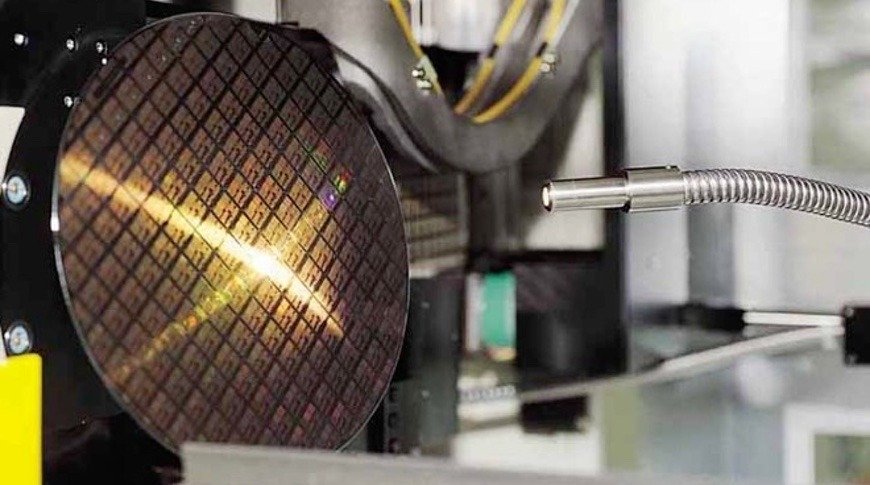TSMC gets government approval for 2-nanometer chip plant
Taiwan's environmental regulator has given Apple supplier TSMC permission to build its most advanced processor facility yet, producing 2-nanometer chips from 2023.

Processor manufacturer TSMC is reportedly already planning 3-nanometer chips for the 2022 "iPhone 14," and Apple has bought out its entire capacity. Now, though, the company is to begin construction on a new plant in Hsinchu, Taiwan, which will produce 2-nanometer processors.
According to Nikkei Asia, Taiwan's Environmental Review Committee has approved TSMC's proposal. The plan now is for construction of the building to begin in early 2022, with equipment being installed by 2023.
"Semiconductor is one of the most crucial industries to Taiwan's economic growth," said Lin Chuan-neng, Economics Vice Minister. "The government will help TSMC to achieve its environmental targets while continuing to build the advanced technologies."
The new plant is to be built over around 50 acres in the Baoshan township of Hsinchu. TSMC estimates that it will require 98,000 tons of water every day. By 2025, TSMC aims to use 10% recycled water, and then 100% by 2030.
TSMC is separately building a new 5-nanometer plant in Arizona, and is reportedly also considering a new site in Germany.
Taiwan's approval of the new plant comes after Intel's announcement of its intention to catch up with chip foundries like TSMC.
Read on AppleInsider

Processor manufacturer TSMC is reportedly already planning 3-nanometer chips for the 2022 "iPhone 14," and Apple has bought out its entire capacity. Now, though, the company is to begin construction on a new plant in Hsinchu, Taiwan, which will produce 2-nanometer processors.
According to Nikkei Asia, Taiwan's Environmental Review Committee has approved TSMC's proposal. The plan now is for construction of the building to begin in early 2022, with equipment being installed by 2023.
"Semiconductor is one of the most crucial industries to Taiwan's economic growth," said Lin Chuan-neng, Economics Vice Minister. "The government will help TSMC to achieve its environmental targets while continuing to build the advanced technologies."
The new plant is to be built over around 50 acres in the Baoshan township of Hsinchu. TSMC estimates that it will require 98,000 tons of water every day. By 2025, TSMC aims to use 10% recycled water, and then 100% by 2030.
TSMC is separately building a new 5-nanometer plant in Arizona, and is reportedly also considering a new site in Germany.
Taiwan's approval of the new plant comes after Intel's announcement of its intention to catch up with chip foundries like TSMC.
Read on AppleInsider

Comments
seem quaint that this boggles my mind, but holy cow! 3nm to 2nm is a huge improvement in such a short span!
I have seen that AMD has started to experiment with 3d stacking, so I assume that apple will start designing chips that integrate this design. Really cool.
Honestly, Intel has been lagging and its x86 performance stagnating for too long so I am sure happy to see Apple for once get rid of x86 in favor for more efficient chips.
I am definitely happy with Apple's focus on energy efficiency while boosting performance - some state laws already made laws illegal to buy PCs that exceed the energy consumption which means some Dell Alienware PCs are not allowed to be sold to those states.
I wonder when they’ll come up with a more realistic name for their manufacturing process.
https://www.notebookcheck.net/TSMC-to-implement-gate-all-around-GAAFET-transistors-on-the-2-nm-nodes-by-2023.494850.0.html